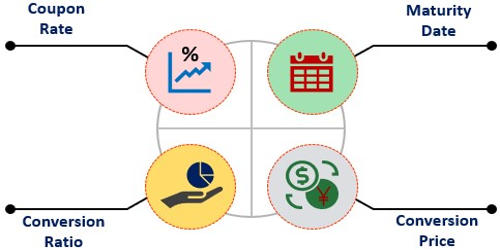Construction management is a professional service that uses specific project management techniques to oversee a project’s planning, design, and construction from start to finish. Its goal is to optimize project owner satisfaction by controlling the quality of a project’s scope, schedule, and cost (sometimes known as a project management triangle or “triple constraints”).
It entails coordinating a team of specialists, contractors, and suppliers to ensure that the project is finished on time, within budget, and to the required quality standards. It employs project management techniques and tools to monitor the planning, design, construction, and completion of a construction project in a safe, timely, cost-effective, and specification-compliant manner. Construction management practitioners are referred to as construction managers. They have knowledge and experience in the field of business management and building science.
Professional construction managers can be recruited for large-scale, high-budget projects (commercial real estate, transportation infrastructure, industrial facilities, and military infrastructure), known as capital projects. Construction managers use their understanding of project delivery methodologies to ensure that the project is completed efficiently.
Key aspects of construction management include:
- Project Planning: This involves defining the project objectives, scope, budget, and schedule. It also includes identifying potential risks and establishing mitigation strategies.
- Design Management: Coordinating with architects, engineers, and other design professionals to ensure that the project design meets the client’s requirements and regulatory standards.
- Contract Management: Negotiating contracts with contractors, subcontractors, and suppliers. This involves reviewing and approving bids, managing contracts, and resolving any disputes that may arise during construction.
- Cost Management: Monitoring and controlling the project budget to ensure that costs are kept within the approved budget. This includes tracking expenses, managing change orders, and forecasting future costs.
- Time Management: Developing and maintaining a project schedule to ensure that the project is completed on time. This involves setting milestones, tracking progress, and identifying and addressing any delays that may occur.
- Quality Management: Implementing quality control procedures to verify that the construction fulfills the necessary quality requirements. This includes inspecting, testing materials, and correcting any flaws or inadequacies.
- Safety Management: Implementing safety policies and procedures to provide a safe working environment for all construction workers. This includes identifying and minimizing potential hazards, offering safety training, and performing regular safety inspections.
Overall, good construction management is critical to delivering successful construction projects by ensuring that they are finished on schedule, within budget, and to the needed quality standards, while stressing safety and communication among all parties involved.
















